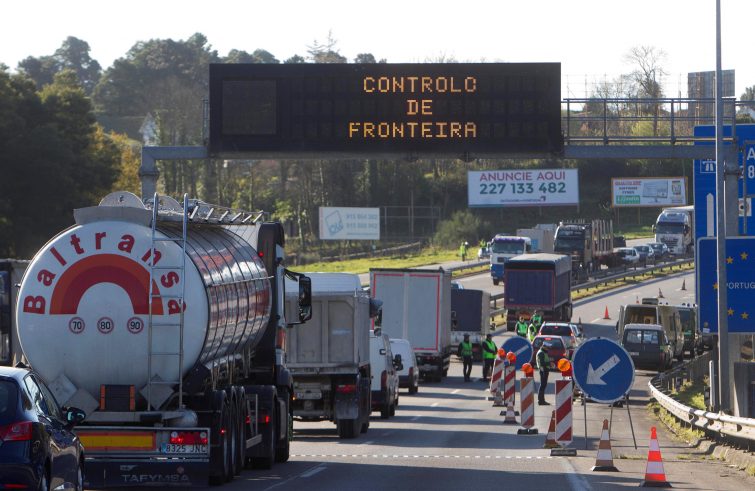
“Stop taking unilateral action”: the words of the President of the European Parliament, David Sassoli, sum up the attitude that EU countries are expected to adopt with respect to the Covid-19 epidemic. Ancient idiomatic expressions – from the Latin “mors tua vita mea” to the wiser, but inappropriate, “a trouble shared is a trouble halved” – don’t apply here. All that works now is Don Lorenzo Milani’s reminder: “I have learned that other people’ problems are identical to mine. Overcoming them together is politics. Dealing with them alone is avarice.”
Protecting health, “supporting” the economy. Once again we are experiencing Europe’s lack of coordination. Not the Europe of Brussels’ institutions, but the Europe of Member States, capitals, governments… Each going their own way, adopting far-from-effective measures and, in some cases, even attempting to oust their neighbours (suffice it to mention the face-mask hoarding). The President of the EU Commission Ursula von der Leyen thus reiterated what she repeatedly called for over the past weeks, namely that health protection equipment must be shared ( face masks, gloves and other medical supplies) according to the rules of the single market; closing borders does not bring benefits (goods must circulate); Community funds ( Von der Leyen announced a €37 billion response from the EU budget) must now serve to support the economy. The same precautionary measures adopted by Italy must be taken throughout the Union: #stayathome must become a European “norm.” Nothing else to add.
“Supporting, coordinating, supplementing…” However, it should be remembered – as SIR has already done – that the European Union has no exclusive or specific powers in matters of public health and civil protection, but it may “carry out actions to support, coordinate or supplement the actions of the Member States” (Article 6 Treaty on the Functioning of the EU). The EU has no competence in these areas simply because its Member States will not transfer to the EU the required capacity to act. Thus, also in order to avoid the mistakes made in 2008 during the economic crisis, and in 2015 during the migration crisis, serious and effective political reflection is needed as soon as possible to address the question: what do we intend to do with European integration? Do we truly want it to be at the service of citizens, consumers, businesses, farmers, public health, safety? Well, in that case, it will be necessary to increase its competences, with new, partial transfers of national sovereignty which will help intensify national sovereignty in the future, but over a broader horizon. In short, it amounts to what is known as the “European common good.”
It’s time for concerted action. In Europe ( just as all continents) threatened by the Covid-19 coronavirus, there is an urgent need to take concerted action. The nationalist groups, who until yesterday would have closed the “common European home”, should spare us their sermons; this is the time to work together. By acting unilaterally ( Germany, France, Poland, France and, above all, the United Kingdom), States risk jeopardizing a united response to the epidemic, which, as has been amply demonstrated, does not stop at national borders. Rather than conflicting measures, there is need for serious interventions based on the recommendations of experts (scientists, doctors, etc.). Italy – not lacking in hesitations and mistakes – is now taken as an example by several governments.
The right course of action. Among other things, it is feared that the epidemic will spread to countries with weak health systems such as Albania, Bulgaria and other Eastern European countries (with even greater fears of a major outbreak in Africa or Latin America…). That’s why governments must “stop taking unilateral action.” It will not be sufficient to heal the sick, it will not stop the spread of the virus, it will not protect us from medium- and long-term social and economic consequences. But it appears to be the right course of action to counteract the spread of the virus.











